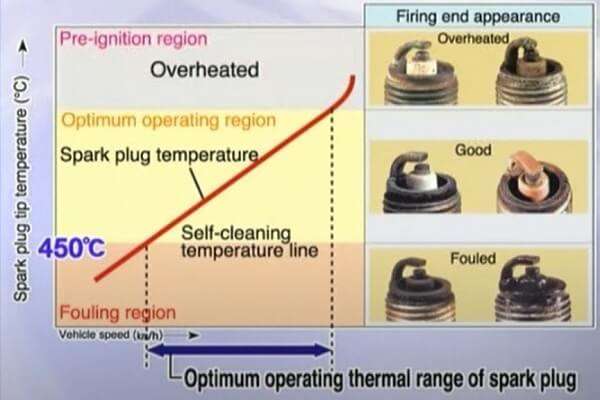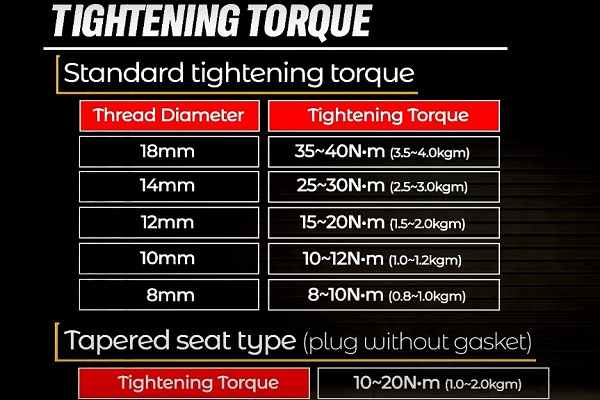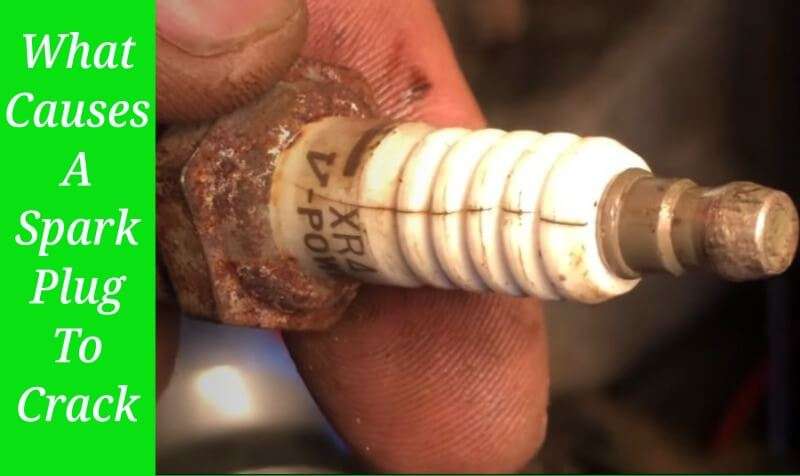Undoubtedly, a spark plug plays an important role in our vehicle’s engine. Yet, if you are facing constant cracking of spark plugs then it’s high time to know what is causing it in the first place.
So what causes a spark plug to crack? To summarize, it is mostly due to excessive torque, wrong heat range, and chemical contamination We can easily prevent them once the root of the problem is identified and that’s what we are going to do here.
Lower fuel efficiency, cylinder misfire, and ignition problems are the symptoms that you have a cracked spark plug. These problems are unbearable and you can take steps before you go into these stages. So without any further ado, let’s check it out.
What Causes A Spark Plug To Crack?
Spark plug does not crack easily, but when they do, it makes sure that you know that it has cracked. Thus, providing you with various performance drop hints. Nevertheless, three major causes lead to a cracked spark plug that we are going to talk about today.
Wrong Thermal Range For A Spark Plug
The secret to achieving the performance you want from your engine and avoiding damaged spark plugs is using the proper thermal range. If the spark plug is too cool, it won’t reach the right temperature.
It won’t be able to burn off the carbon buildup either, which could result in early clogging. An engine stalling and misfires are both caused by a clogged spark plug.

On the other hand, a spark plug with an excessively high thermal range runs the risk of overheating, accelerated electrode wear, pre-ignition, and decreased fuel efficiency.
Thus, it’s recommended that you use the manufacturer’s recommended thermal range for optimized performance. As a result, the spark plugs not end up cracking.
Chemical contamination
The buildup of dirt, gasoline, metal flakes and other impurities in motor oil causes contamination. Additionally, it happens when the oil itself undergoes chemical changes, such as chemical deficiency and oxidation.
Engine bearings, pistons, rings, and liners may also suffer significant damage as a result of coolant pollution. It lessens the oil’s viscosity and has the potential to make it into a “sludge,” allowing acids to build that will attack the metals in engine parts.
The spark plug cracks as a result because the contamination pressure is too great for it to manage. So it’s best to take precautions to ensure that there are no opportunities for chemical contamination to establish a nest in your car.
Excessive Torque Applied To The Spark Plug
According to research, incorrect torque is the leading cause of spark plug damage. The ability of the plug to transfer heat from the combustion chamber to the cylinder head depends on the installation torque used.

Your spark plug’s wire may become damaged if it is overtightened. In particular, it can ruin the thread on your spark plug, necessitating frequent spark plug wire replacement. Nevertheless, does changing spark plug wires improve performance is a topic for another day.
Additionally, if a torque wrench is not used when inserting plugs, a spark plug may be over- or under-torqued, harming both the plug and possibly the engine.
On the other hand, a spark plug that has been over-torqued might stress the metal shell and produce thread damage or breakage. A plug’s internal gas seal may be compromised by excessive tightening, and the insulator may even sustain a micro crack.
Get to know about the torque recommendations for your car as recommended by the manufacturer to prevent this.
Related Post: How To Stop Spark Plug Wires From Arcing- The Best Way
What Causes A Spark Plug To Crack-FAQs
Well, now that you know what the possible causes for a spark plug to crack are, let’s take a look at some FAQs. Here, we will answer some spark plug concerning questions that are left unanswered most of the time.
Can a broken spark plug damage engine?
Never attempt to start your engine if the spark plug is broken and the ceramic portion, in particular, is broken. This may result in immediate, irreversible damage.
What are the consequences of a big spark plug gap?
Misfires will happen if the gap is too big and the ignition system is unable to supply the voltage required to spark across the gap. Nevertheless, we have also covered what happens if spark plug gap is too small in detail.
Can I drive with a cracked spark plug?
It will be challenging to drive with a damaged spark plug because the engine could malfunction.
Conclusion
To conclude, that was everything you needed to know on what causes a spark plug to crack. After knowing what actually goes on inside the spark plugs, we hope you will not treat it lightly anymore. Undoubtedly, your engine is heavily dependent on it.
For the plugs not to crack, you only have to keep three things in mind. First, make sure that you are using the correct thermal range. Secondly, keeping dirt away from your engine will avoid chemical contamination, which will help you save the plugs.
Lastly, know torque recommendations for your car as recommended by the manufacturer.


